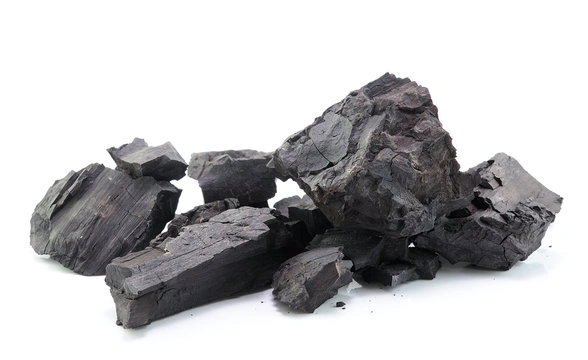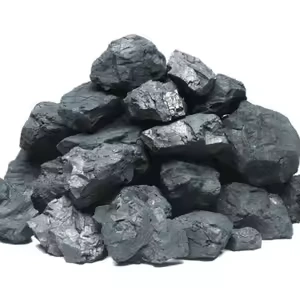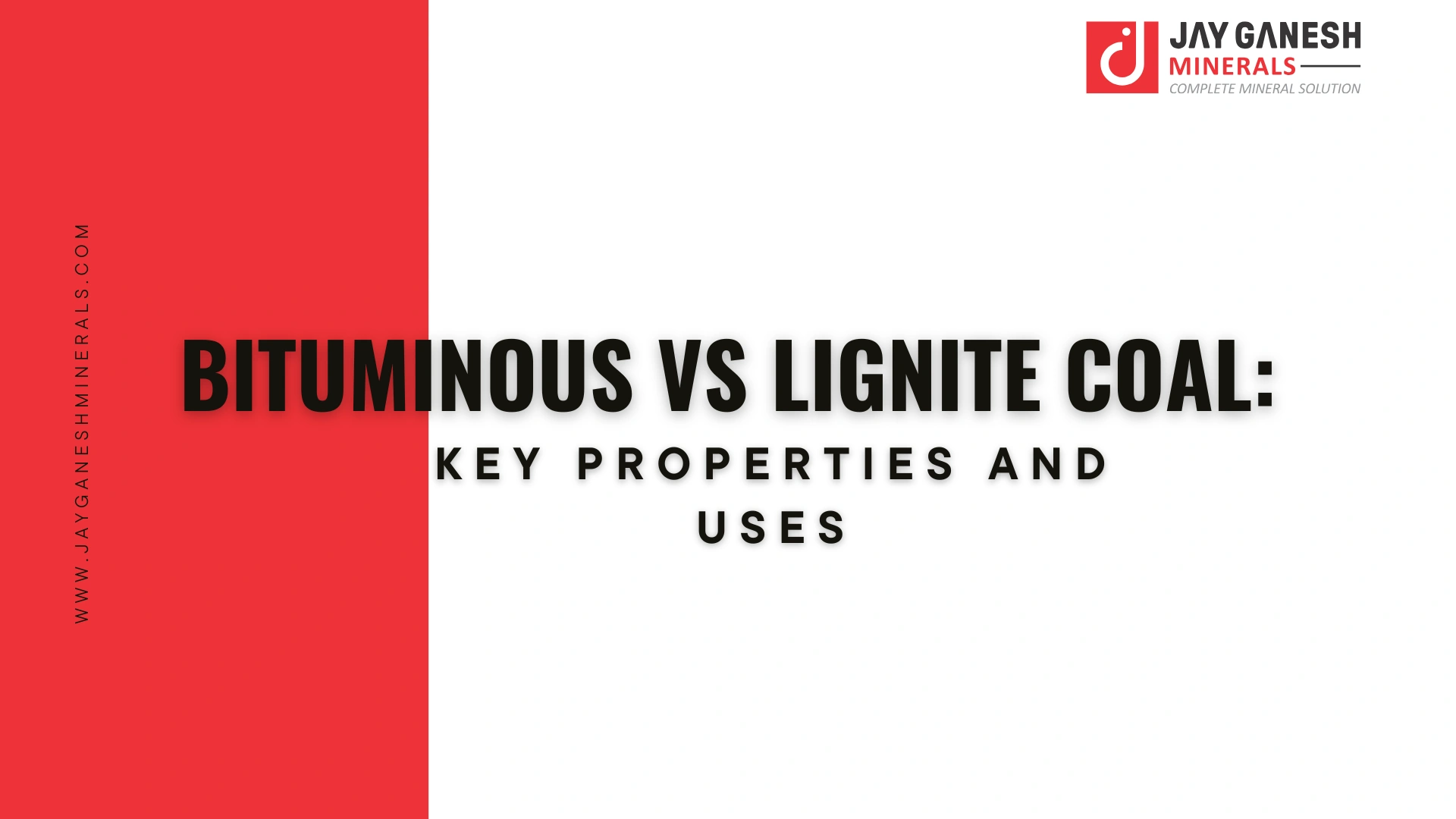
HS Code for Industrial Mineral & Clay: Export - Import Guide
04 February, 2026
07 September, 2025
Coal is one of the most significant energy sources of the past centuries that powered industries and power plants as well as homes all over the world. Some of the most common types of coal include bituminous coal and lignite coal, which have different properties, advantages, and use. Knowing the variation of the two types of coal helps industries, researchers, and policy maker balance between being efficient, cost effectiveness, and environmental friendliness.
This post will discuss the major characteristics and applications of lignite coal and bituminous coal, together with tips to use in distinguishing the two.

Lignite coal is also known as brown coal, and is the lowest rank of coal in terms of carbon content. It is produced in naturally compacted peat and has a comparatively high moisture level. Its brown color and crumbling nature make it easily identifiable.
Lignite is just around 65-70 % carbon with high moisture content (35-55%) making it soft and brown in colour.
Lignite is of lower heating value (17-18 MJ/kg) because of its high moisture.
It is more likely to catch fire and emits more carbon dioxide when burned.
The high volatile matter content and soft nature makes it smokier and gives off more ash.
The lignite coal is high in moisture content thereby generating less heat on combustion and more carbon dioxide.

Bituminous coal is a medium rank coal between sub-bituminous and anthracite on the coal classification chart. It is among the richest forms of coal and is black, shiny and more energy-filled.
It has a black dense appearance and is richer in energy about 23-33 MJ/kg in content depending on grade.
The bituminous type of coal burns hotter and cleaner than lignite coal, so it has a greater efficiency in industry.
The coal used in electricity production, as well as steel making (coking coal) and manufacturing processes is mainly the primary type of coal.
Its carbon level is high and moisture level is low, which means low emissions and ash residue as compared to lignite.
This kind of coal is commonly used in the industry because of its versatile uses and the high heating value.
When comparing lignite coal vs bituminous coal, several differences stand out:
| Property | Lignite Coal | Bituminous Coal |
|---|---|---|
| Carbon Content | 25–35% | 45–86% |
| Moisture Content | 30–60% | 2–15% |
| Calorific Value | Low | High |
| Appearance | Brown, crumbly | Black, shiny |
| Heat Efficiency | Low | High |
| Environmental Impact | Higher CO₂ emissions per unit of energy | Relatively lower emissions per unit of energy |
Despite its lower efficiency, lignite coal still plays a critical role in global energy supply. Some of its key applications include:
Power Generation: Lignite coal mainly goes to electricity generation because it is easily available and cheap. Near lignite deposits many power plants use it directly to economize on transportation costs.
Synthetic Natural Gas (SNG) Generation: Lignite coal can be transformed into synthetic gas by undergoing the process of gasification, that can then be used as a natural gas alternative.
Fertilizer: Lignite is also used in the production of fertilizers that are ammonia-based.
Domestic Heating (in some localities): In some localities Lignite is still used as domestic fuel.
Bituminous coal is more versatile and widely used compared to lignite coal. Its major applications include:
Power Generation: Like lignite, bituminous coal is extensively used for electricity production, but it delivers more energy per ton.
Metallurgical Processes: It is a key raw material in steel production, where it is used to produce coke – an essential fuel and reducing agent in blast furnaces.
Industrial Heating: Industries such as cement, brick-making, and glass rely heavily on bituminous coal.
Residential Heating: In earlier times, it was commonly used for domestic heating and cooking, though this has declined due to cleaner alternatives.
When comparing lignite coal vs bituminous coal, the choice depends on the intended application, cost factors, and environmental considerations. Lignite coal, with its affordability and availability, is commonly used in power generation but comes with efficiency and emission drawbacks. Bituminous coal, on the other hand, offers higher efficiency, versatility, and industrial importance, making it the more valuable option in global markets.
As the world transitions toward sustainable energy, the role of these traditional fuels will continue to evolve, but understanding their properties and uses remains essential for industries and energy planning.
At Jay Ganesh Minerals, we specialize in the supply of high-quality lignite coal, ensuring consistent performance, competitive pricing, and dependable delivery for various industries. As a trusted manufacturer and supplier, we are committed to providing energy solutions that meet the evolving needs of our customers while maintaining reliability and sustainability.
Lignite has low carbon, high moisture, low heat value, and higher emissions.
Yes, bituminous coal is high quality with good carbon content and heating value.
The four main types of coal are lignite, sub-bituminous, bituminous, and anthracite, ranked from lowest to highest grade.
Bituminous coal is mainly used for electricity generation, steelmaking (as coking coal), and industrial heating.
Lignite coal is mostly used in power plants for electricity, synthetic natural gas production, and fertilizer manufacturing.

Whatsapp Chatx
Hi! Click one of our representatives below to chat on WhatsApp or send us email to [email protected]

|
Mr. RAJESH +91 99130 87000 |

|
Mr. JIGNESH +91 89800 70055 |

